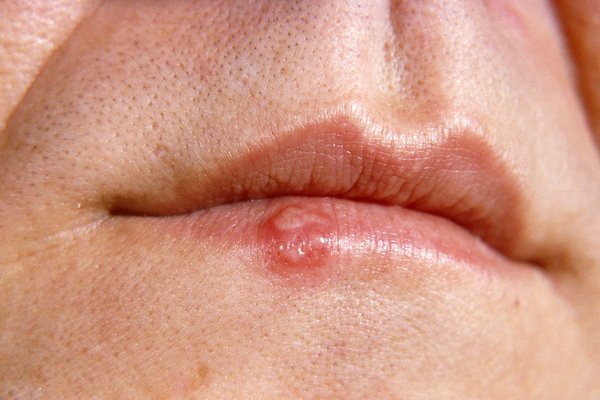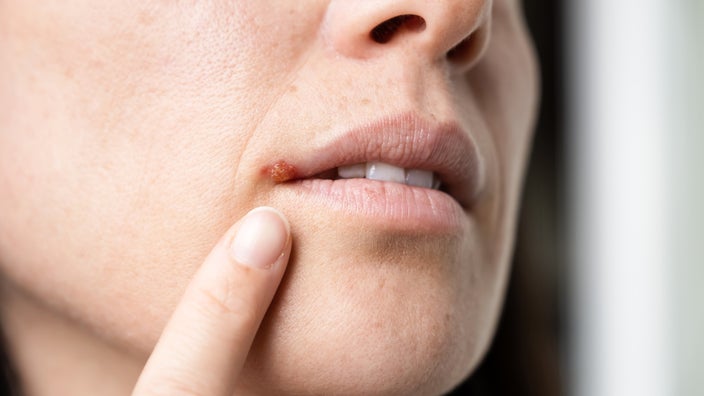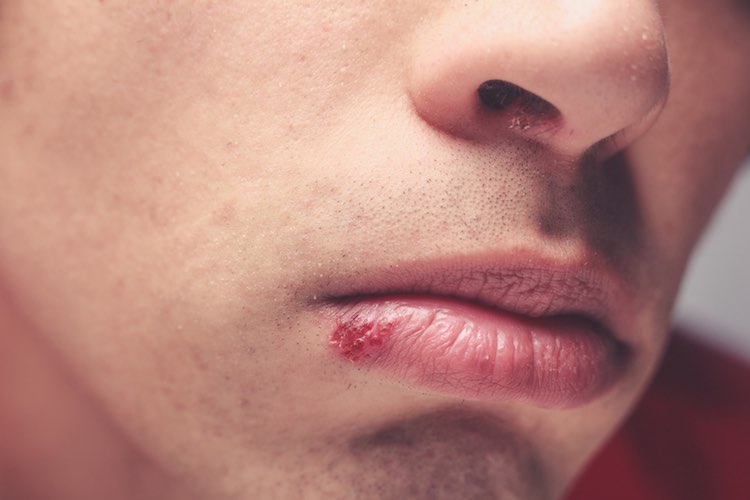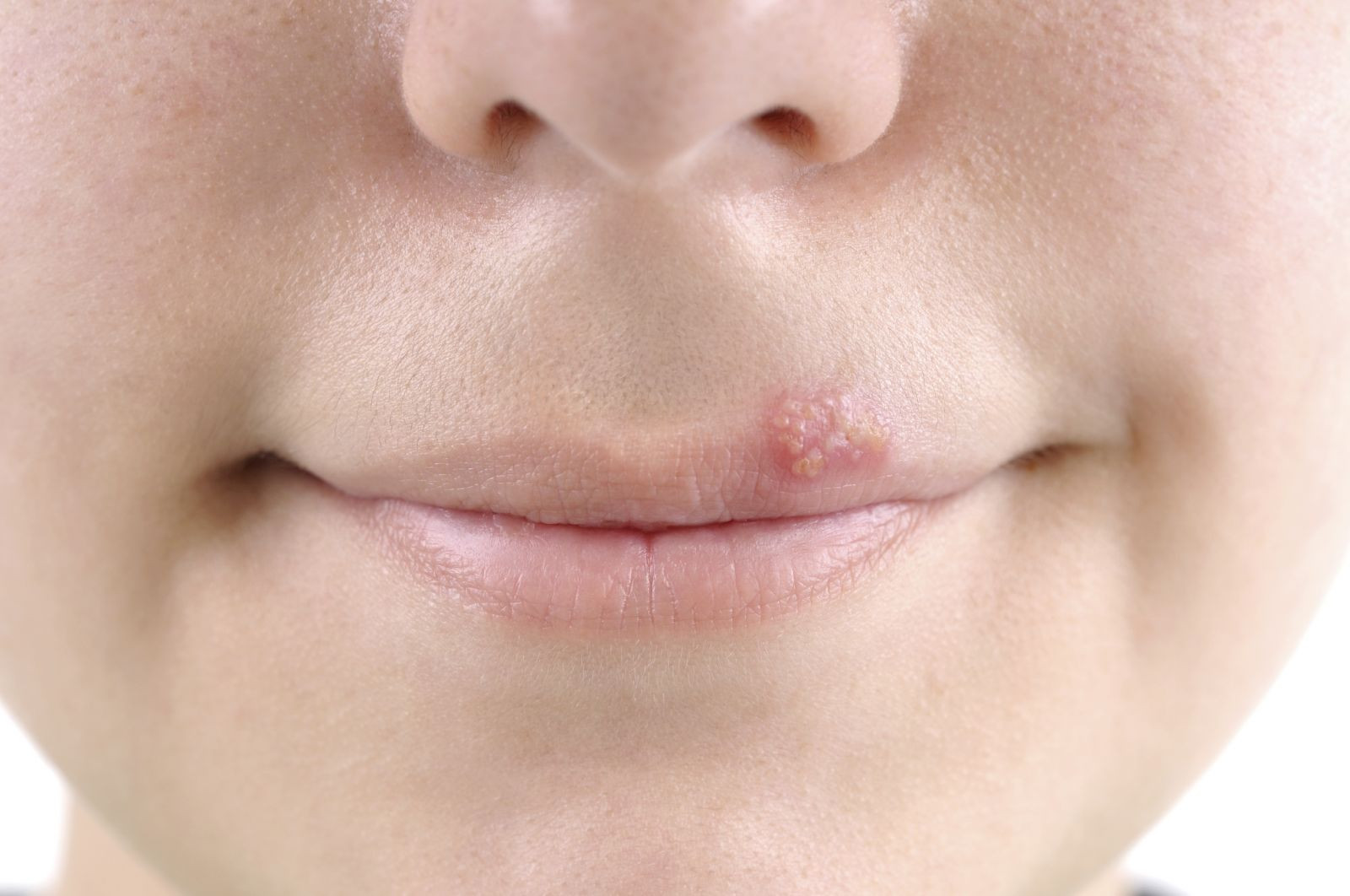What is the best way to treat cold sores? This is what physicians advise
You desire a fast cure when you’re sick. Treatments for common colds and allergies may be familiar to you. What about cold sores, though?
The herpes simplex virus is responsible for these fluid-filled blisters that are frequently seen on or near the mouth. Once you have the virus, a number of things might cause cold sores to break out. It seems sensible to seek to stop an outbreak as soon as possible.
“A person’s quality of life will be negatively impacted if they frequently acquire cold sores. In addition to being noticeable and ugly, these hurt, according to Chapel Hill, North Carolina dermatologist Dr. Chris Adigun, who is board-certified. “We suppress activation if that is a feasible course of action.” We conversed with Adigun to discuss how to treat cold sores.
 Methods for Treating Cold Sores
Methods for Treating Cold Sores
According to the Cleveland Clinic, you can treat cold sores with over-the-counter medication, an oral antiviral prescription that your doctor has prescribed, or intravenous antiviral medication.
Valacyclovir is a prescription drug that is one of the main therapies for cold sores, according to Adigun. According to the Mayo Clinic, valacyclovir is an oral drug that cures various herpes virus diseases, such as genital herpes, shingles, and cold sores.
 How is valacyclovir used?
How is valacyclovir used?
According to Adigun, valacyclovir inhibits viral replication in order to work. This reduces the likelihood that a cold sore may develop from the herpes simplex virus.
The medicine can be used in a variety of ways. When they are aware that one of their triggers will be present, some users will accept it. The herpes simplex virus doesn’t do anything in the body unless a trigger makes it reactivate. Common factors include illness, UV exposure, and stress. An epidemic of cold sores is caused by the virus reactivating. According to Adigun, valacyclovir will inhibit viral replication and prevent the virus from spreading if a patient takes it right after being exposed to a trigger.
When they begin to feel physical symptoms that point to the impending development of a cold sore, some people will start taking valacyclovir. We refer to these physical indicators as prodromal symptoms. Prodromal symptoms include, according to Adigun, “itching, burning, or tingling on the lip in the absence of anything burning it, tingling it, or itching it.” According to her, taking the drug during prodromal symptoms “stops the viral replication in its tracks.”
Some decide to use the drug on a daily basis. According to her, this is a possibility for those who have cold sores frequently.
 How long does it typically take for a cold sore to go away?
How long does it typically take for a cold sore to go away?
According to Adigun, a cold sore will typically persist for two weeks if left untreated. But, she adds, you can lessen the duration of the outbreak by a few days if you start taking valacyclovir once a cold sore breakout has already started.
The discomfort of cold sores can greatly undermine one’s self-esteem. If a cold sore makes a new relationship impossible, that is a question that is frequently searched on Google. Adigun clarifies that cold soreness is extremely frequent and not a reason for embarrassment. She also offers consolation to people who are afraid to socialize because of their cold sores: “Let’s have your cold sore treated, and You immediately return to the field.”



